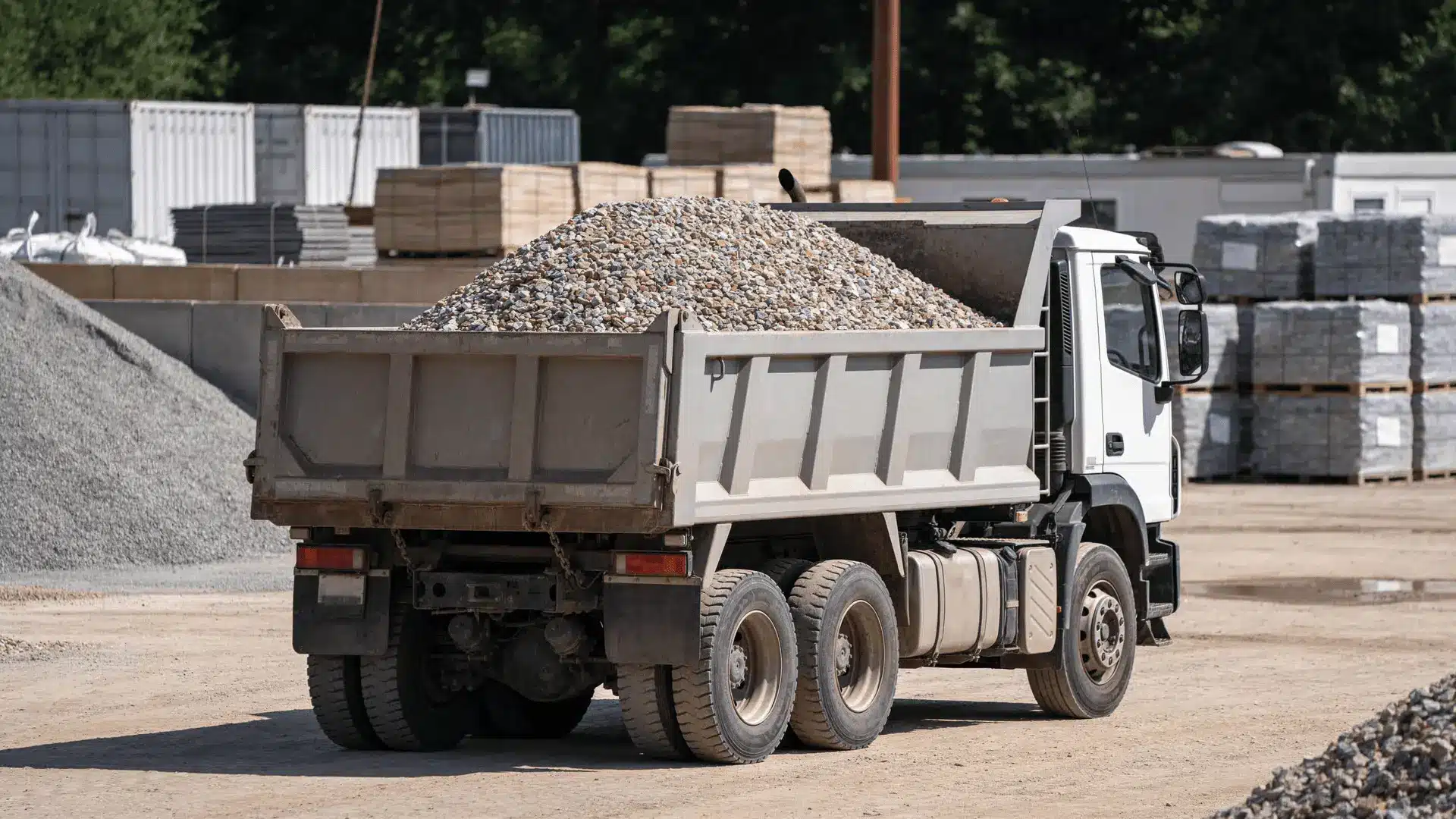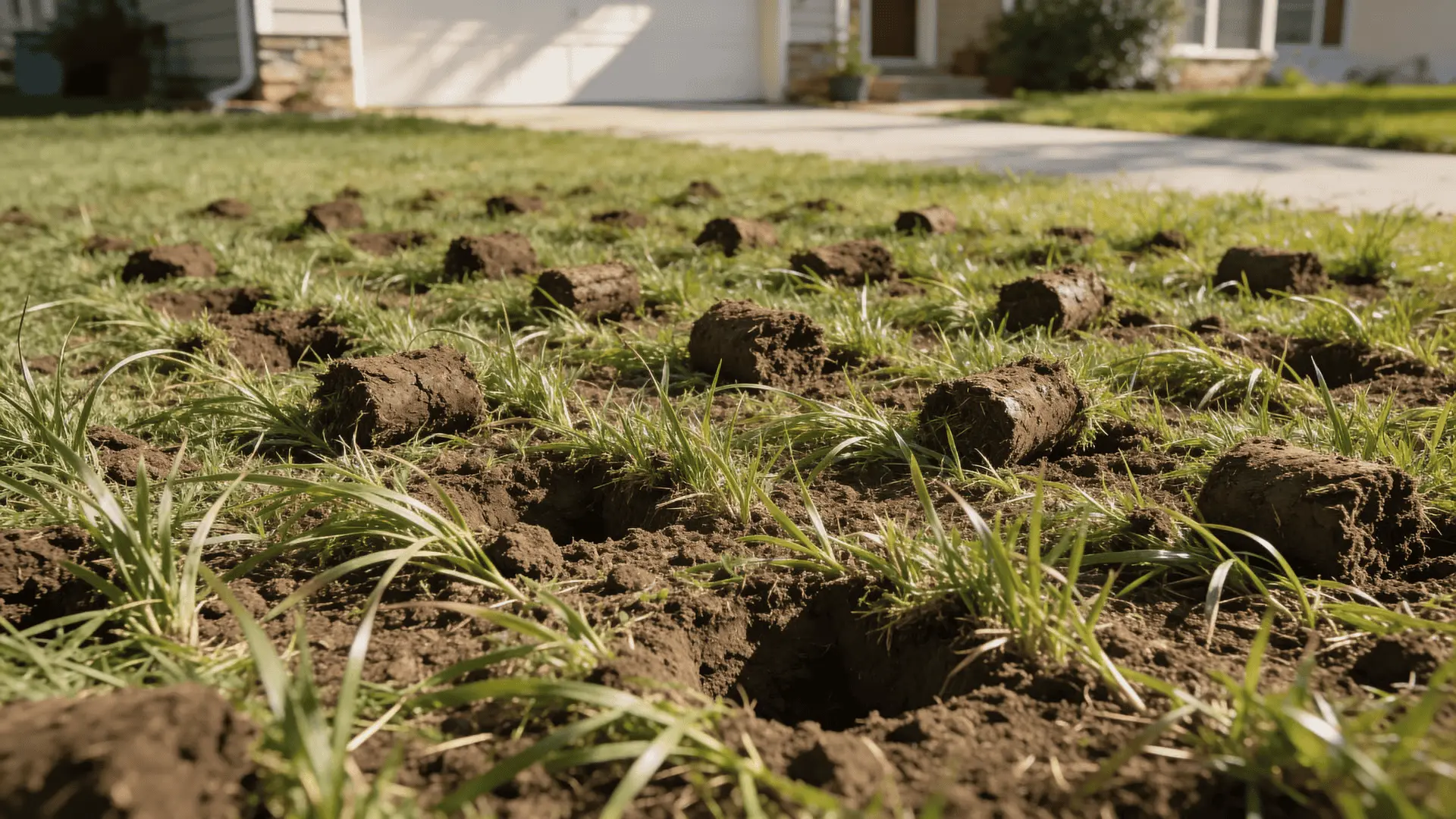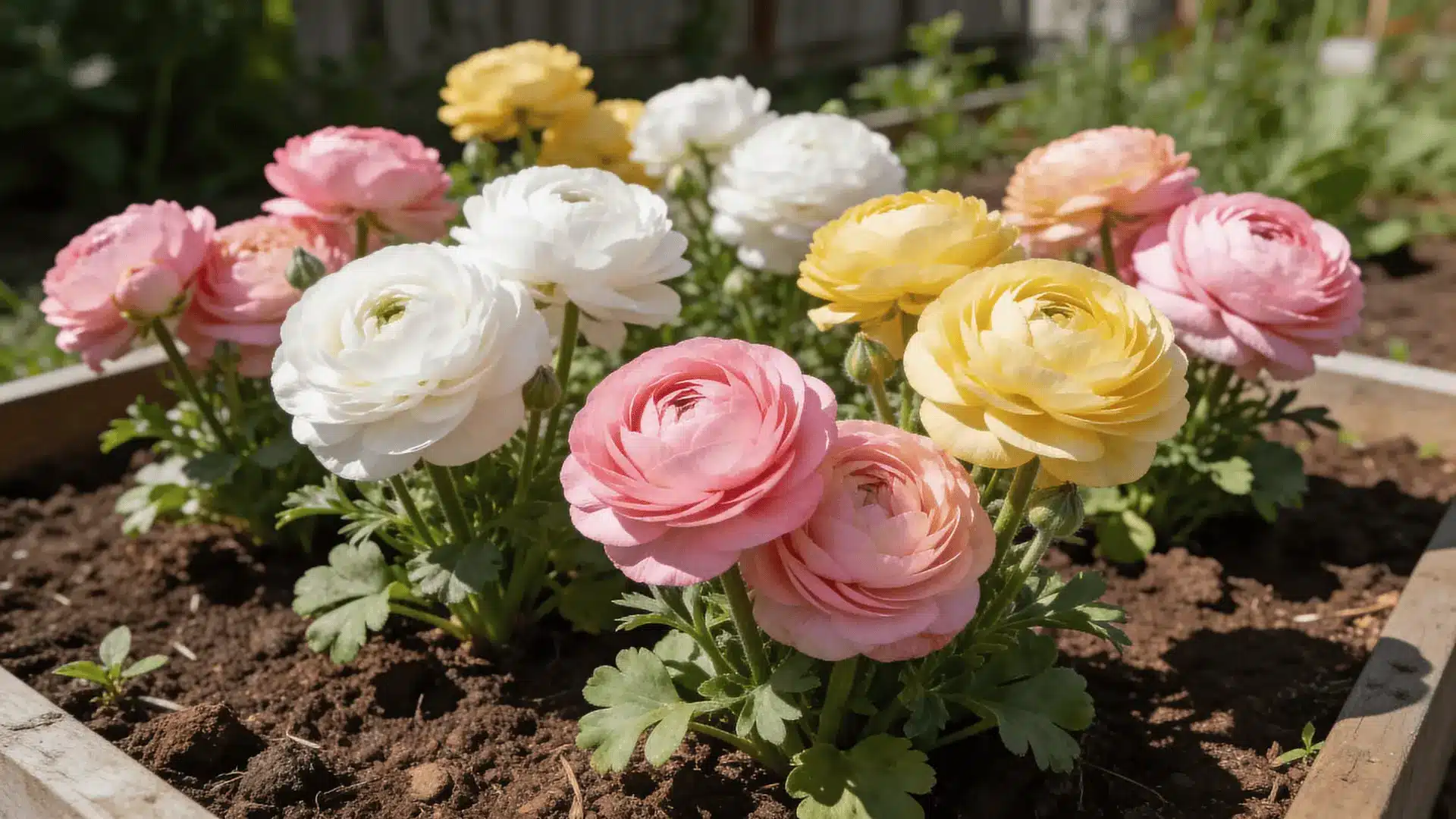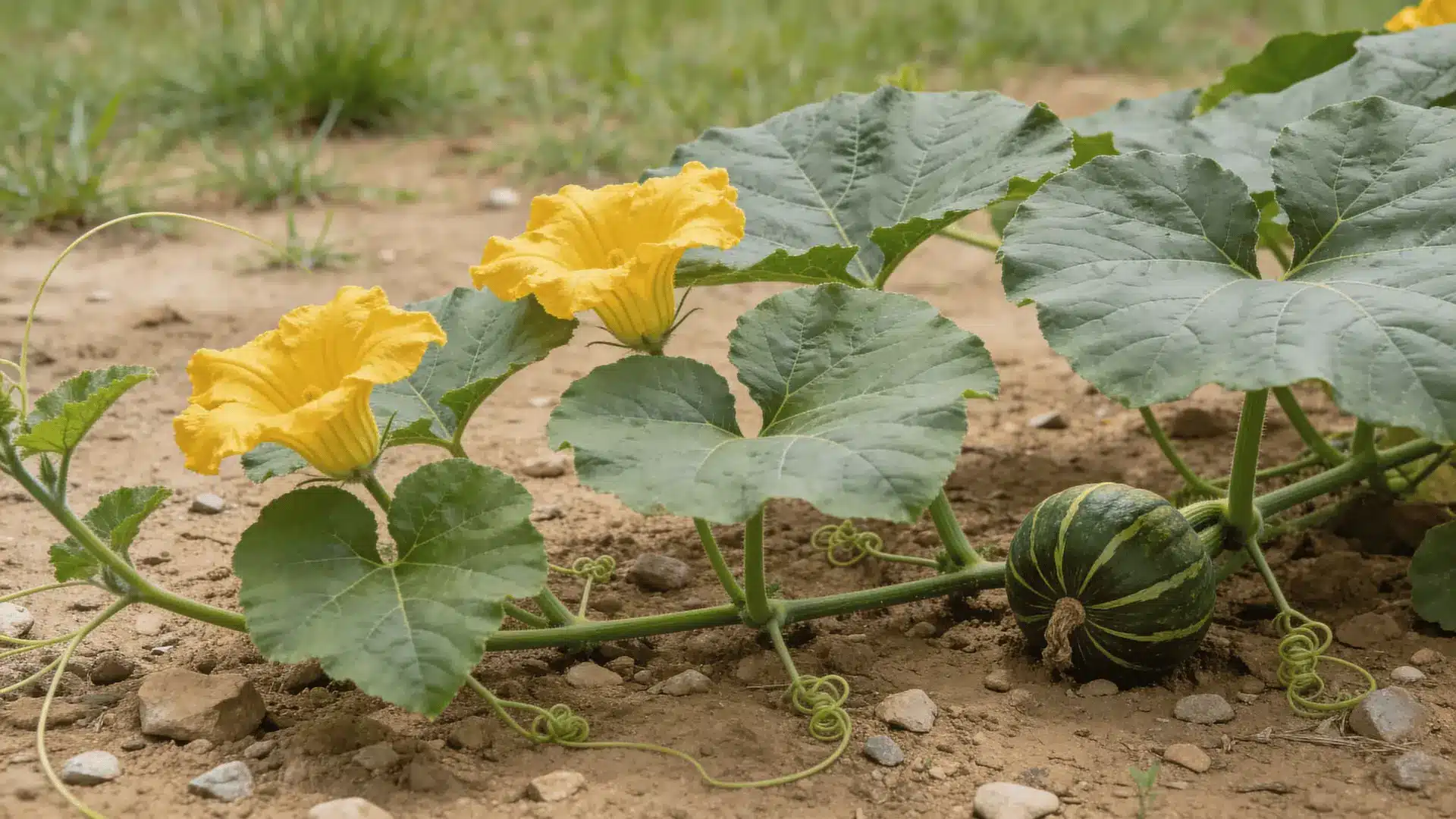Keeping lawn equipment stored properly saves space, protects tools, and makes yard work easier.
When lawn work is done, most people want their space to look clean and clear again. But storing lawn equipment isn’t always simple. Mowers, trimmers, leaf blowers, and bags of supplies can quickly take over garages and sheds. Finding the right place to keep everything safe and organized can make a big difference in how smoothly a home runs.
Good storage is about more than just where things sit. It helps tools last longer, keeps outdoor spaces safer, and saves time the next time you need them. Whether it’s a small backyard or a larger property, smart storage brings order to the chaos that often follows yard work.
Observation:
Many people don’t think about their lawn equipment until it’s in the way. A corner in the garage or shed can turn into a crowded pile. But with a little planning, those same tools can have their own organized space, ready when needed.
Why Storage Matters
Lawn equipment isn’t just another set of tools—it’s an investment that keeps outdoor spaces looking clean and well cared for. When equipment like lawn mowers, trimmers, and garden tools aren’t stored properly, they can quickly wear out, rust, or become damaged. Leaving tools scattered in the yard or stacked in a corner of the garage often leads to lost pieces, broken handles, or clutter that gets in the way of everyday life.
Good storage isn’t about having a large space; it’s about using the space you have wisely. A simple system can protect your tools, keep them organized, and make yard work smoother every time.
Expert statement:
A home maintenance specialist explains that properly storing lawn equipment can extend its lifespan by several years. Clean, dry, and organized storage areas help prevent rust, accidental damage, and unnecessary repairs, saving both time and money in the long run.
Everyday Equipment Clutter
One of the most common storage challenges for homeowners is what happens after lawn work is done. Tools are often left leaning against walls, shoved into a shed, or scattered across the yard. Over time, this creates clutter that makes it harder to find what you need when the next weekend comes around.
A better way to think about lawn equipment is to give it a home. Just like kitchen utensils or office supplies, these tools work best when stored in a specific, organized space. Clear organization helps avoid last-minute searches, protects equipment from damage, and turns messy corners into useful, functional areas.
Practical Storage Options
Many people have similar questions when figuring out how to store their lawn equipment properly. Here are a few clear answers to help make the process easier and more organized.
How can I store lawn equipment without a large shed?
You don’t need a big space. Wall hooks, shelves, and compact racks can keep tools organized and off the floor, even in smaller areas like garages or patios.
What’s the best way to keep lawn equipment from rusting?
Storing equipment in a dry, covered place and wiping tools clean after use helps prevent rust. Proper storage protects their working parts and extends their lifespan.
Where can I keep larger lawn equipment if I don’t have space at home?
Using a victorville self storage facility can free up garage or yard space while keeping equipment safe, clean, and accessible when needed.
How often should I check stored tools?
Inspect tools regularly to make sure they’re clean, sharp, and ready for use. Regular upkeep avoids last-minute breakdowns or repairs.
Protecting Tools from Damage
Storing lawn equipment well isn’t just about saving space—it’s about keeping tools ready to use when you need them. These quick tips can make storage simple, efficient, and long lasting.
- Clean tools after every use.
- Keep blades covered or stored safely.
- Hang lightweight items on hooks or racks.
- Store heavy machines on solid, dry flooring.
- Label storage spots to stay organized.
- Use vertical space wisely to save room.
- Schedule a seasonal equipment checkup.
Benefits vs risks:
The benefits include longer tool life, less clutter, and fewer repair costs. The risks of poor storage include rust, damage, and wasted space. A few simple habits can keep your lawn equipment in great shape all year.
Smart Organization Tips
A homeowner who loved gardening and lawn care found that her garage was constantly cluttered with tools. She had a lawn mower parked near the door, rakes leaning against the wall, and garden tools scattered across shelves. Every weekend, finding the right equipment felt like a mini treasure hunt. Frustrated with the mess, she decided to create a structured system for storage.
She started by clearing out everything and grouping tools by size and frequency of use. She installed a few sturdy hooks for lightweight tools, made a designated spot for the mower, and labeled storage bins for smaller accessories. She even set a simple rule: every tool had to return to its assigned spot after use. In just a short time, her garage transformed into a tidy and functional space. Lawn work became faster, and the equipment lasted longer because it was stored properly.
Key takeaway summary:
A smart storage system isn’t about how big the space is—it’s about how it’s used. Organizing lawn equipment keeps everything accessible, saves time, and protects valuable tools from damage. Simple habits like grouping, labeling, and returning items to their spots make outdoor work smoother and easier for everyone.
Final Thoughts
Lawn equipment doesn’t have to clutter your garage or yard. With the right storage strategy, it can live in a space that’s clean, efficient, and easy to manage. Good organization protects your investment, saves time, and creates more room for the things that matter.
Where lawn equipment lives when it’s not in use can shape how smoothly outdoor chores fit into your daily life. The better the system, the easier it is to enjoy the results of your hard work.








